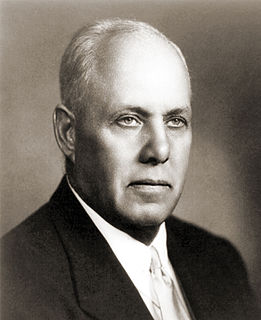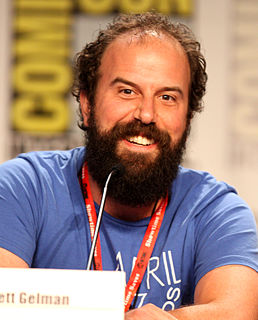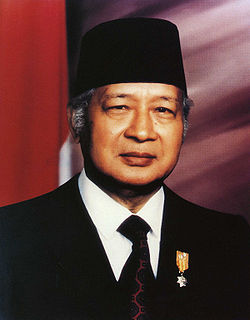A Quote by Theodore Roosevelt
Freedom means the supremacy of human rights everywhere.
Quote Topics
Related Quotes
Let's not use the term democracy as a play on words which is what people commonly do, using human rights as a pretext. Those people that really violate human rights [the West] violate human rights from all perspectives. Typically on the subject of human rights regarding the nations from the south and Cuba they say, "They are not democratic societies, they do not respect human rights, and they do not respect freedom of speech".
One cannot have a trade union or a democratic election without freedom of speech, freedom of association and assembly. Without a democratic election, whereby people choose and remove their rulers, there is no method of securing human rights against the state. No democracy without human rights, no human rights without democracy, and no trade union rights without either. That is our belief; that is our creed.
Human rights education is much more than a lesson in schools or a theme for a day; it is a process to equip people with the tools they need to live lives of security and dignity. On this International Human Rights Day, let us continue to work together to develop and nurture in future generations a culture of human rights, to promote freedom, security and peace in all nations.
I would like people to remember that I kept the peace when I was president and I worked for peace, that I espoused human rights in its broadest definition, not only freedom of speech but freedom of assembly, freedom of worship and trial by jury but also the right of people for people to have a decent home to live, food to eat, employment, healthcare, self respect, dignity. So I think the broad gamut of human rights, peace and freedom. I would like to be remembered for those things to the degree that I deserve it and I still have a long way to go.
For us democracy is a question of human dignity. And human dignity is political freedom, the right to freely express opinion and the right to be allowed to criticise and form opinions. Human dignity is the right to health, work, education and social welfare. Human dignity is the right and the practical possibility to shape the future with others. These rights, the rights of democracy, are not reserved for a select group within society, they are the rights of all the people.

































